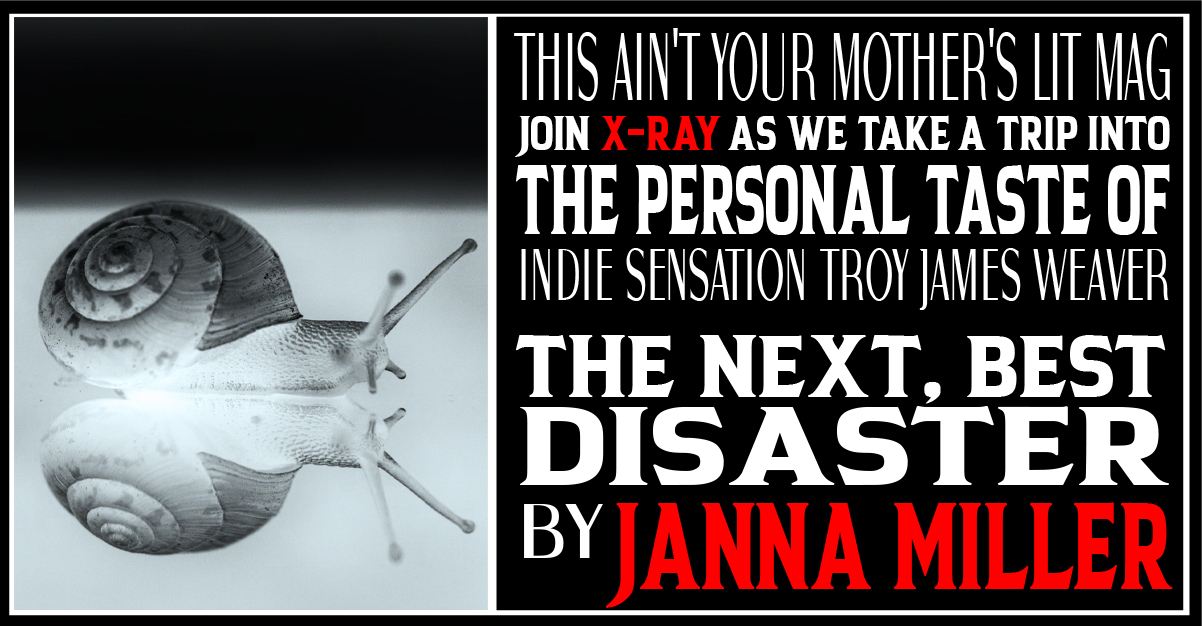
THE NEXT, BEST DISASTER by Janna Miller
The rabid snails were completely gone. We would get our deposit back. Probably.

The rabid snails were completely gone. We would get our deposit back. Probably.
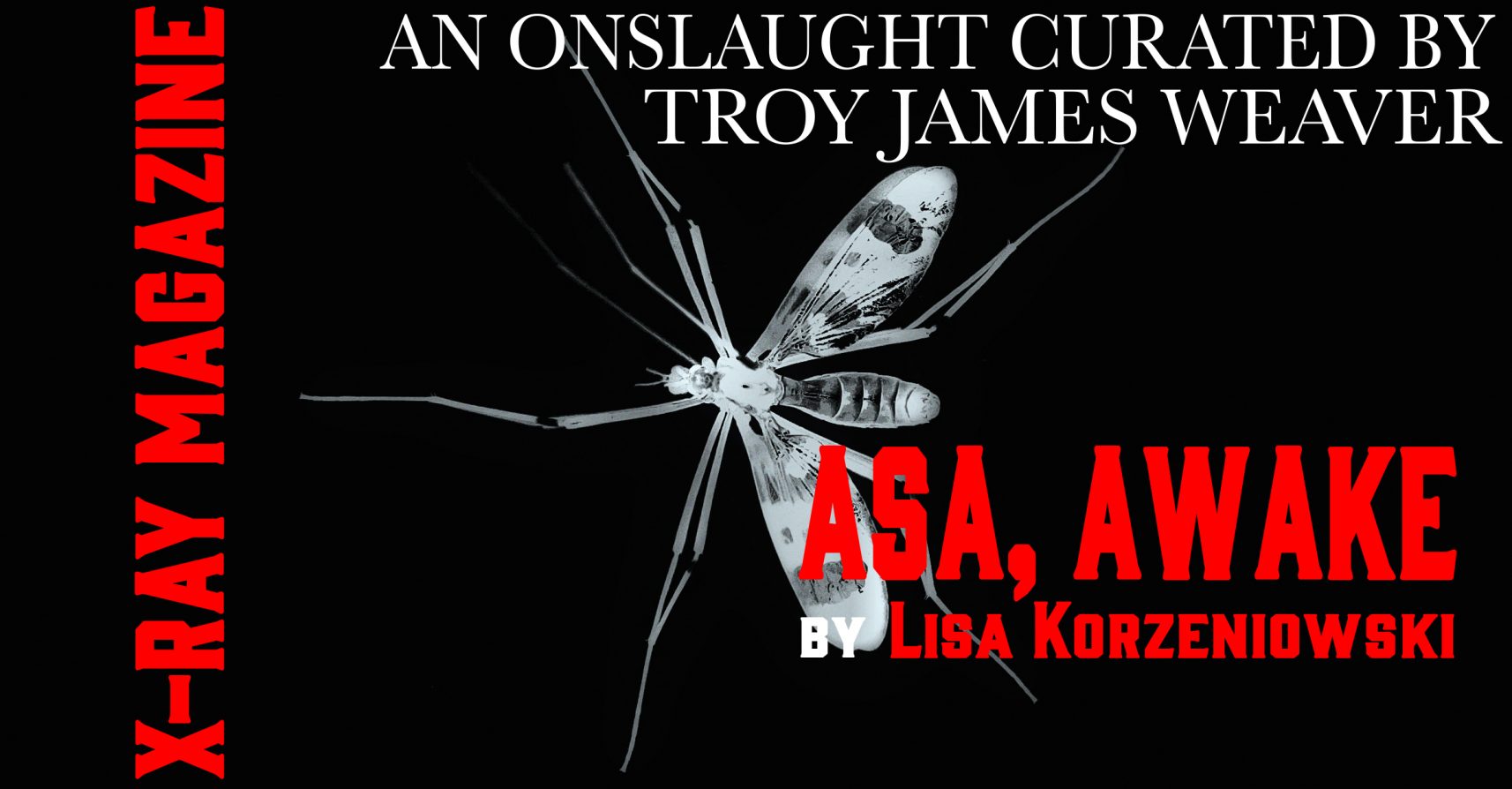
Asa is asleep in the sun, arms track-marked and mosquito-bitten, crossed over his chest, his mouth open with a mid-sentence look, teeth, gone or brown, chin stubble flecked with leaf bits. We lean down, listen for breath. He whispers something that sounds like help, and then, he opens his eyes. “Hello,” he says, adding extra o’s. “A porch is no place to sleep,” our mother says. Asa tells her to make like a tree and leave. “Damn drugs,” she says, followed by “my son” and “junkie.” Asa smiles when she leaves, spits over the porch railing as she backs out…
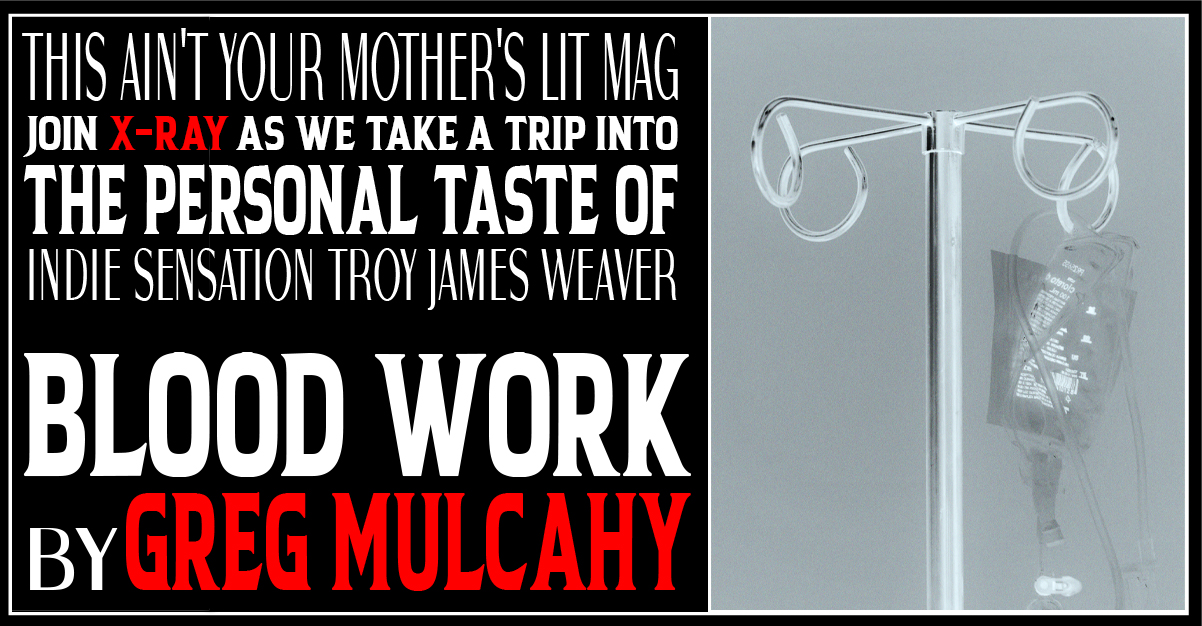
Some things, Bass knew, were better not said, even if at one time everyone was saying them
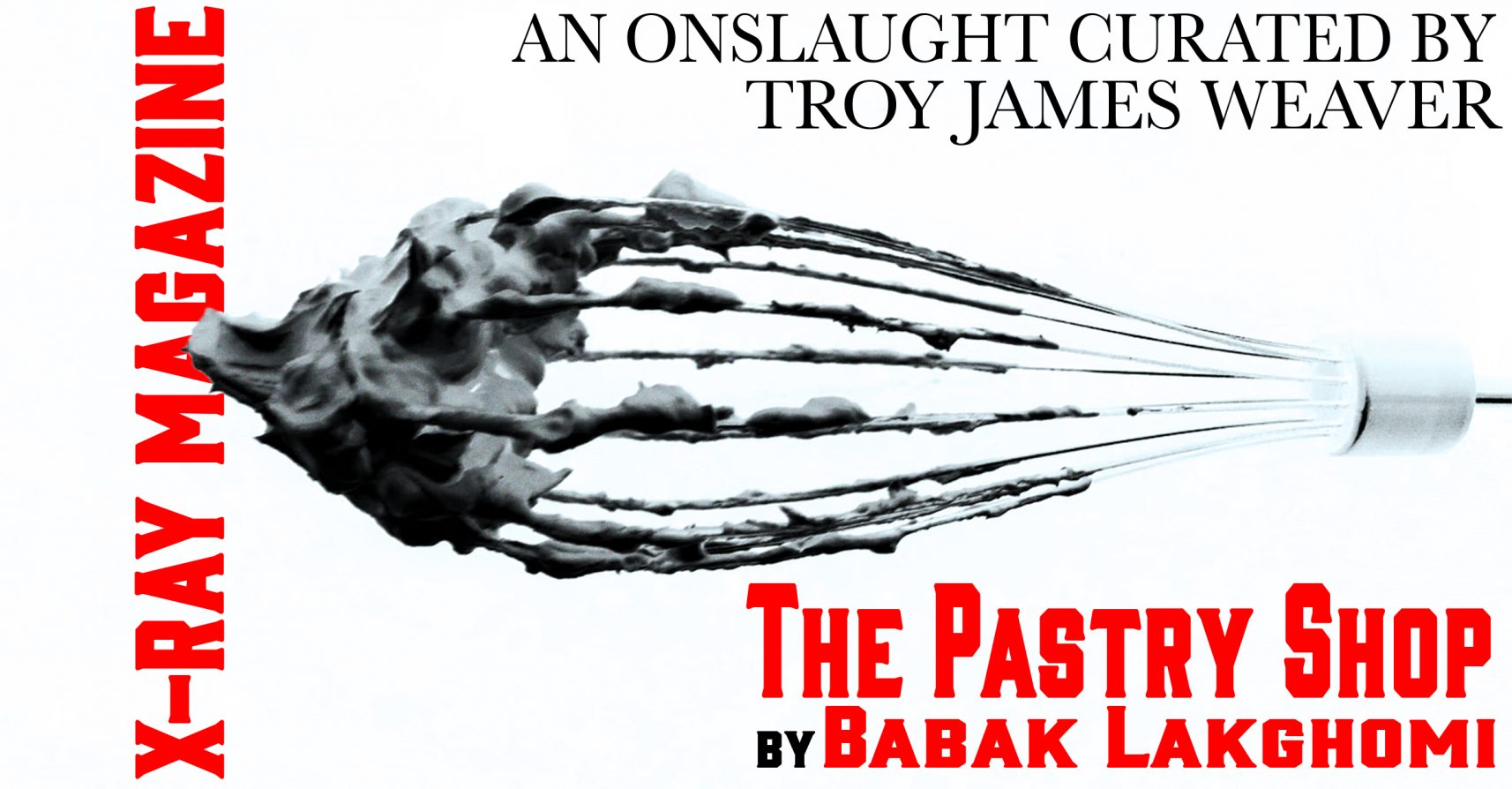
He dipped his finger in the whipping cream and held it in front of the boy’s mouth. The boy looked down at his feet, then raised his head and licked the cream from the man’s finger.
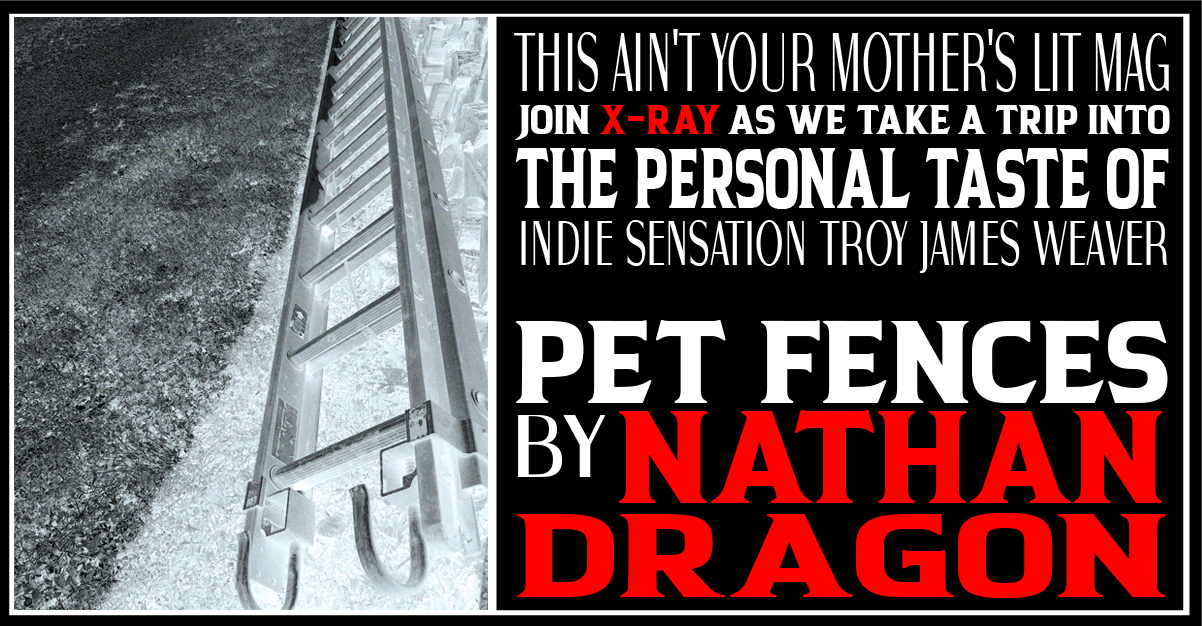
The phone number I have, my phone number for the last 16 years at least, used to be this other guy’s phone number—
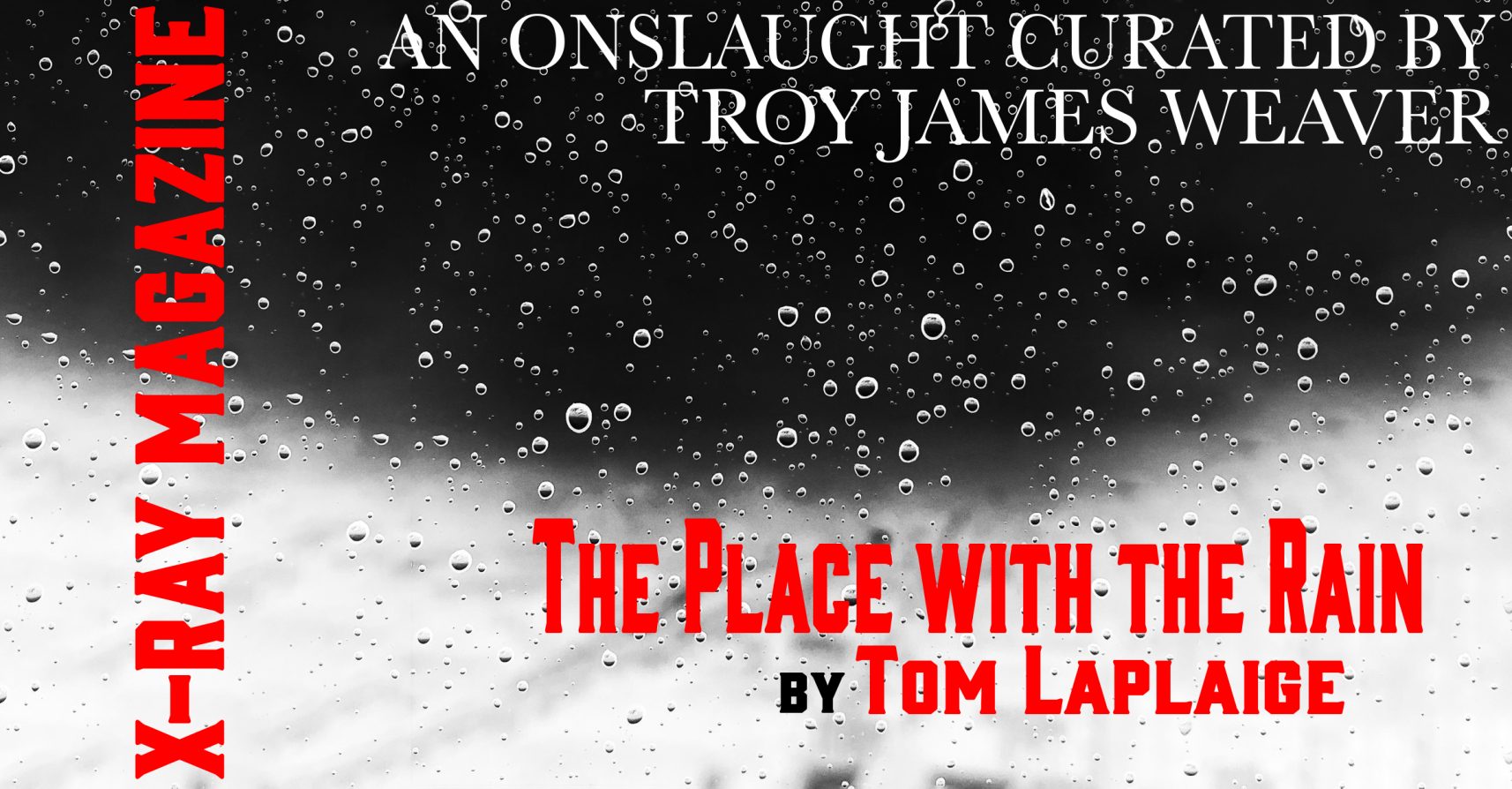
Oh dear is a fretful tingle. A tingle hatches hungry dread. Roger drops to knees.
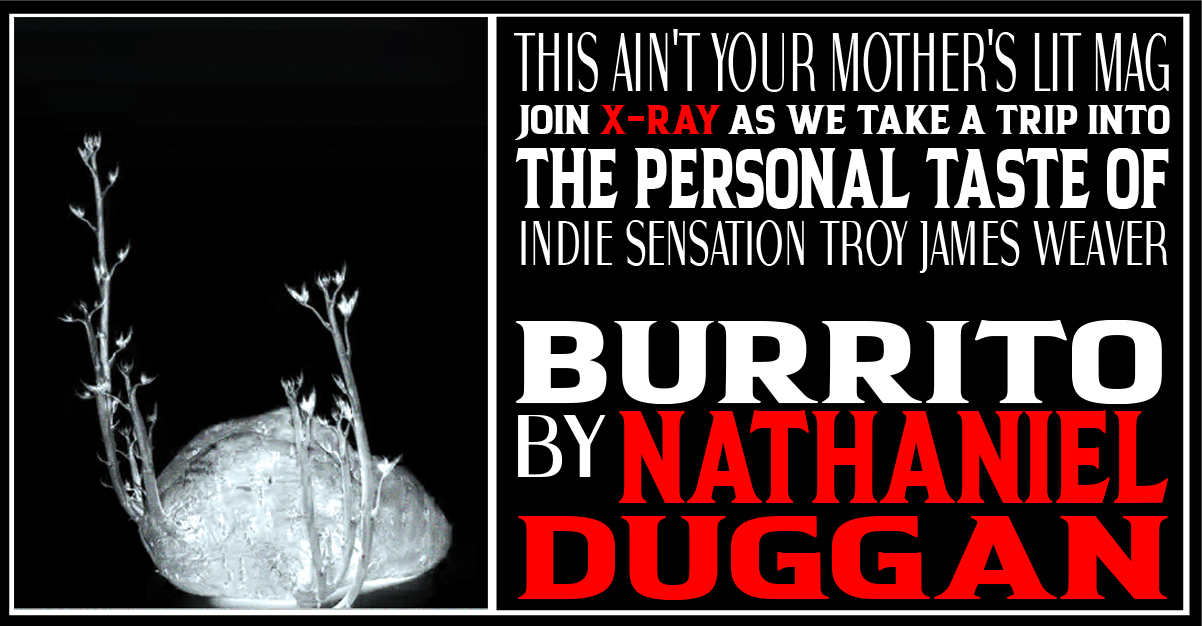
I decided to order the burrito. I pronounced “burrito” wrong. The word fell from me, flabbergasting and impossible.
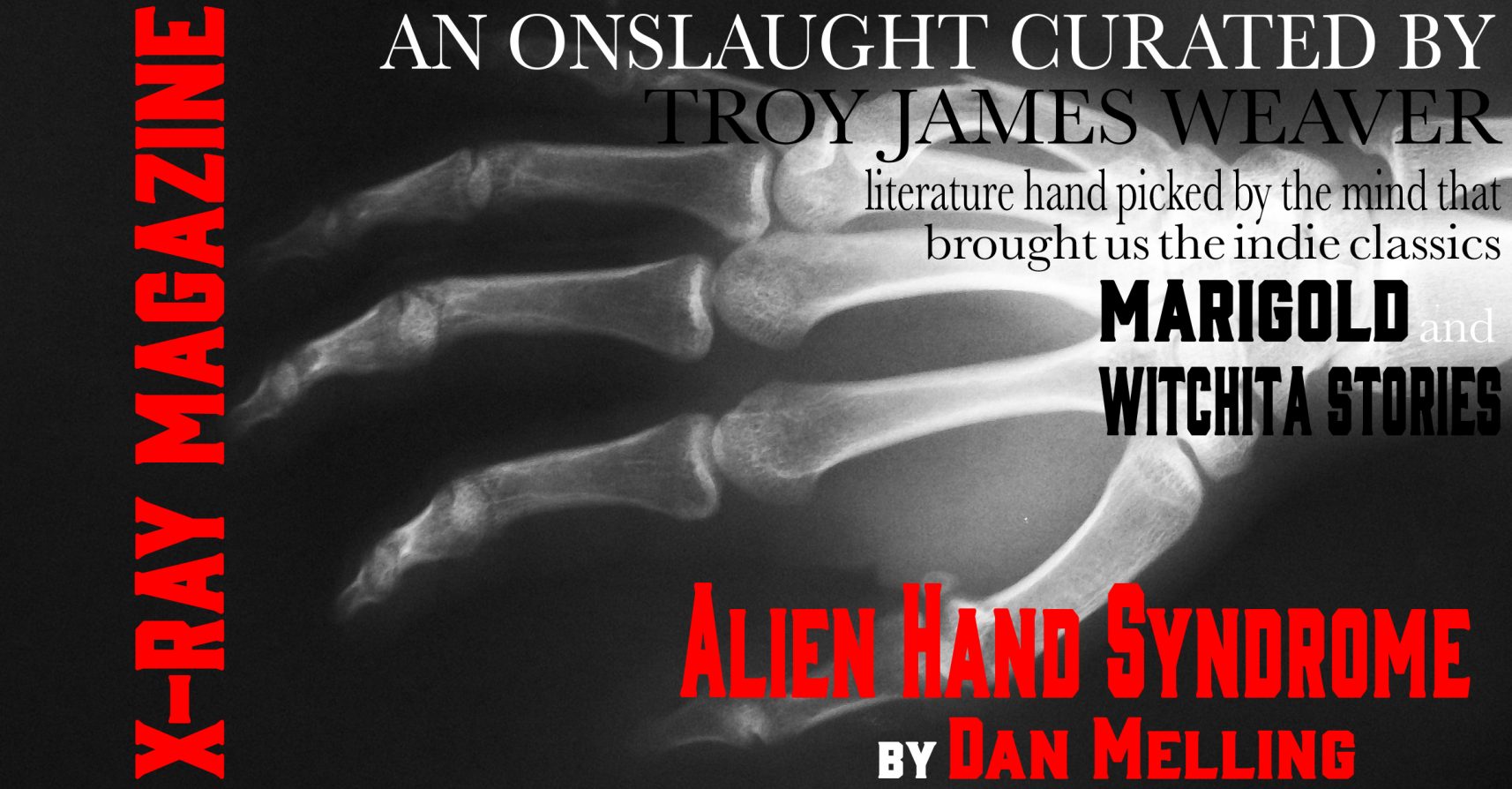
He’s lying on his back. His useless, hairless legs stay wherever I put them.
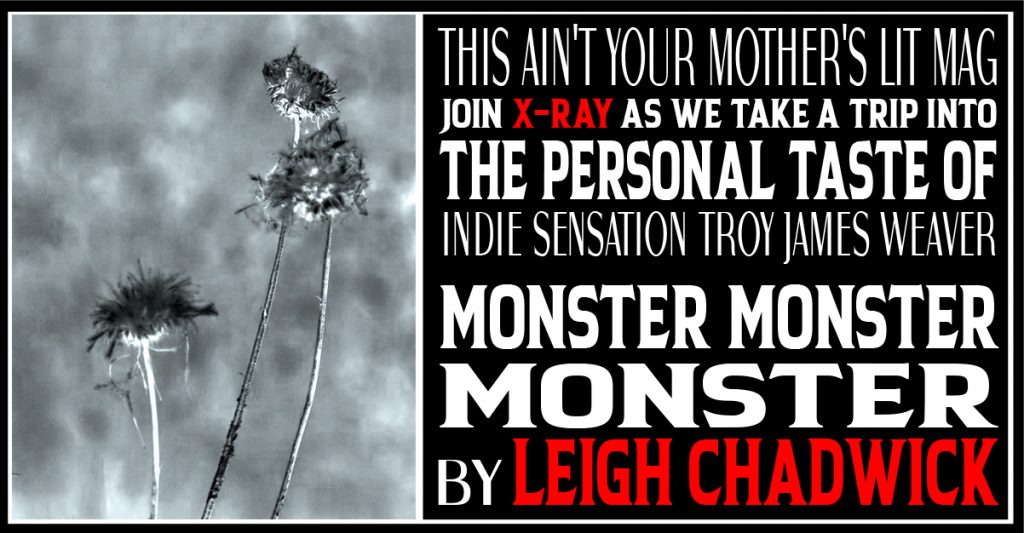
What your therapist doesn’t realize, you want to tell him, is that any length of loneliness is too long.
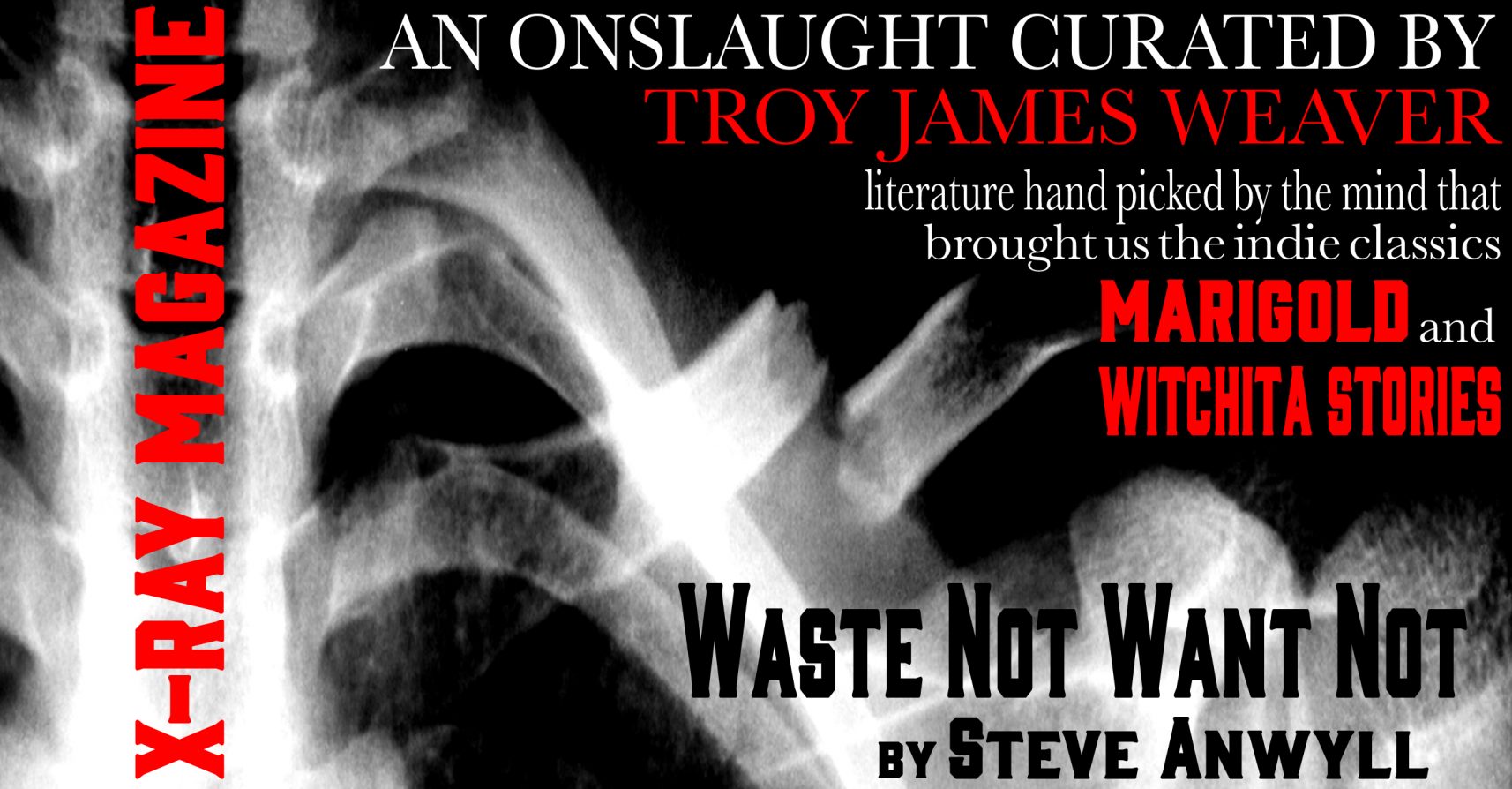
A gust of wind blows me forward. The storm follows me in through the door. The snow swirls at my feet. I laugh like a madman as I slip on the slick tiles.